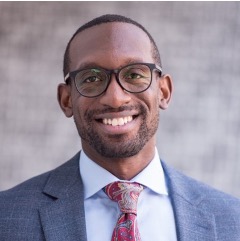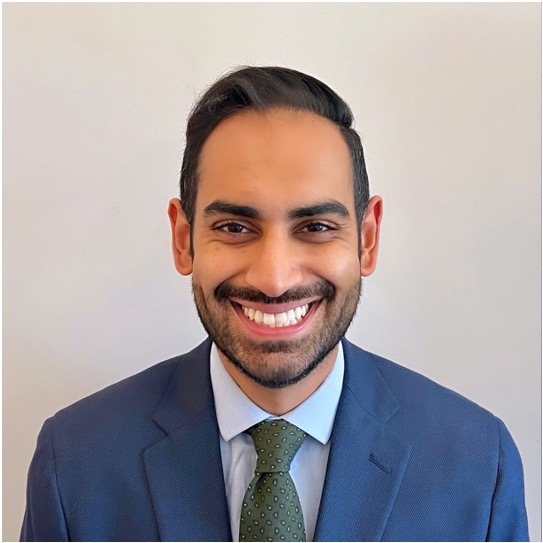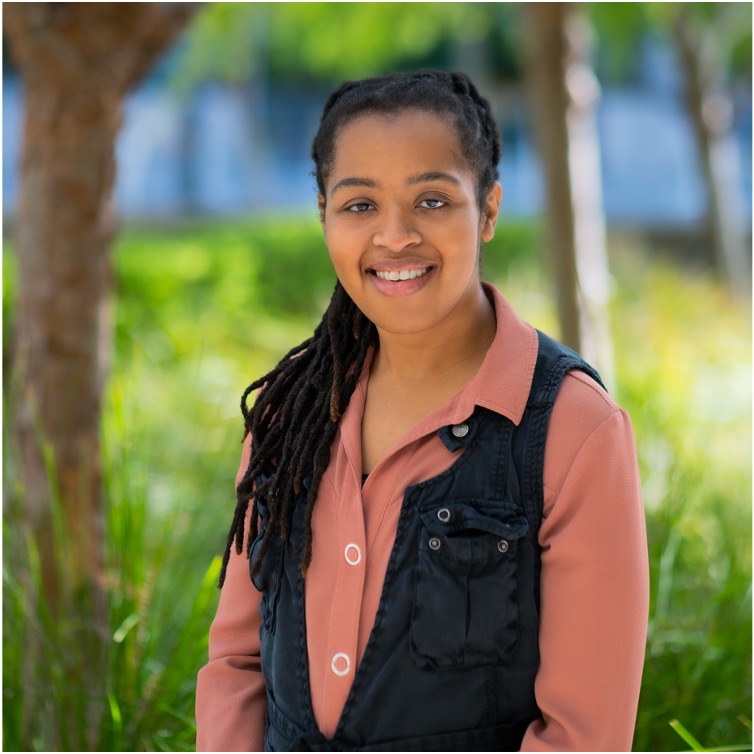
Pilot Study Title: Religious Coping Among Older Adults in a COVID-19 Pandemic: A Qualitative Study
Position: Assistant Professional Researcher, Department of Family and Community Medicine; Division of Cardiology, CeNter for the StUdy of AdveRsiTy and CardiovascUlaR DiseasE (NURTURE Center); Associate Director, UCSF Black Health Initiative (BHI)
Career goal: To build from the previous work and develop community-engaged interventions in religion, spirituality, and health (RSH). To encourage, train, and modal a career path for the next generation of learners and researchers to conduct research in RSH.
Background: Dr. Butler is a social epidemiologist and minister interested in the role of religion, spirituality, and psychological stress on health outcomes among older African Americans and their families.
Why this study: Previous qualitative work on religion and spiritual practices and coping during the pandemic is explored in a younger population, cancer patients, white individuals, and primarily Christian-based traditions. This project is the first known qualitative study to explore religious coping during the COVID-19 pandemic in older adults among Black/African Americans with various religious and spiritual traditions in San Francisco. This study may provide insights into the role of religious and spiritual coping in the context of the COVID-19 pandemic in older adults who tend to draw on religious or spiritual resources to work through adversity.

Pilot Study Title: Identifying brief screening questions to assess diverse older adults’ abilities to access and use digital health tools
Position: Assistant Professor of Medicine
Career goal: To leverage digital tools and implementation science to reduce inequities in chronic disease outcomes
Background: My research interests are driven by my perspective as a daughter of immigrants and as a primary care clinician for many older adults with language barriers in a safety net system. I have seen both as a clinician and family member the many ways that our healthcare system functions well only for healthy, affluent, majority populations producing many of the health inequities in our country. I am committed to identifying sustainable solutions to improve health equity for those with chronic diseases.
Why this study: Poor implementation of digital tools will exacerbate health inequities. Telemedicine made clear the gaps in access and usability of many digital health tools for diverse, older populations. Digital inclusivity is increasingly a social determinant of health however, we have few validated, operationally pragmatic screening tools to identify patients experiencing digital exclusion. Identifying digital exclusion screening questions that will work for diverse, older adults is necessary to ensure we can direct resources to patients who will need support to access the digital healthcare ecosystem.
CADC related publications:

Aksharananda Rambachan, MD, MPH
Pilot Study Title: Assessing inpatient disparities in pain assessment and management for older minority patients
Position: Assistant Professor, Department of Medicine, Division of Hospital Medicine, UCSF
Career goal: To promote more equitable management of pain related conditions for hospitalized older patients and minorities.
Background: As the child of immigrant parents from Trinidad, Akshar has always been interested in racial, ethnic, and cultural impacts on patient experience and outcomes. He uses quantitative tools to research healthcare disparities across race, ethnicity, and language status for vulnerable hospitalized patients.
Why this study: Pain is ubiquitous and is synonymous with suffering. We know that there are disparities in how pain is assessed and treated in racial and ethnic minorities and patients with limited English proficiency. Further, older patients are at risk for undertreatment of pain. This study aims to measure the differences in pain assessment tools, documentation, and subsequent management of pain for older, minority and non-English speaking patients. Our findings will inform a more equitable, guideline based approach to pain assessment and management in this patient population.
CADC related publications:

Pilot Study Title: Neighborhood-Wide Association Study of Incident Cardiovascular Events Among White and Black Adults
Position: Postdoctoral Fellow, Department of Epidemiology and Biostatistics
Career goal: Optimize public policy and clinical interventions to prevent cardiovascular disease among vulnerable older adults.
Background: Dr. Sims’ upbringing in the American South typifies how oppressive systems perpetuate health disparities -even generations after the formal end to Jim Crow legislation. Her years spent coordinating paratransit for Bostonians led her to become an epidemiologist. Her research centers the structural and social factors that determine the divergent health outcomes among privileged and marginalized people by later life. By pairing a causal inference framework with data-driven methods, she ultimately wants to translate science into tangible benefit for communities of color.
Why this study: Adverse neighborhood context is more strongly associated with higher incident cardiovascular disease among Black compared to White populations. Depressed local economies and older, crowded housing conditions prevent marginalized communities from preserving their infrastructure; this economic disinvestment remains an understudied form of structural racism. The current study involves using machine learning to scan multiple neighborhood variables associated with incident cardiovascular events. The analytic sample consists of two large national cohort studies that oversample Black adults: the REasons for Geographic and Racial Differences in Stroke and the Health and Retirement Study. By clarifying the features of enclaves that promote older adult health, this work could contribute evidence necessary to attenuate cardiovascular disparities.
CADC related publications: